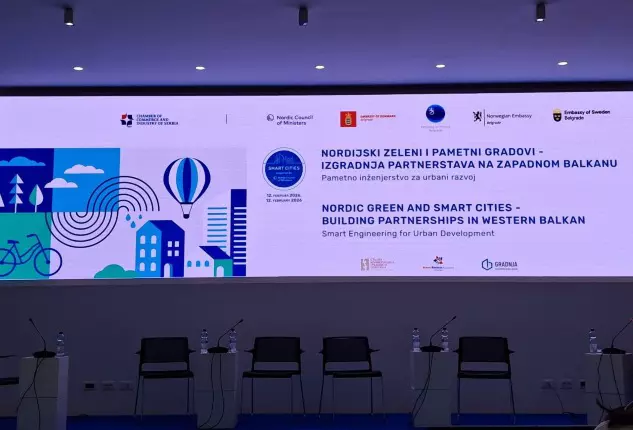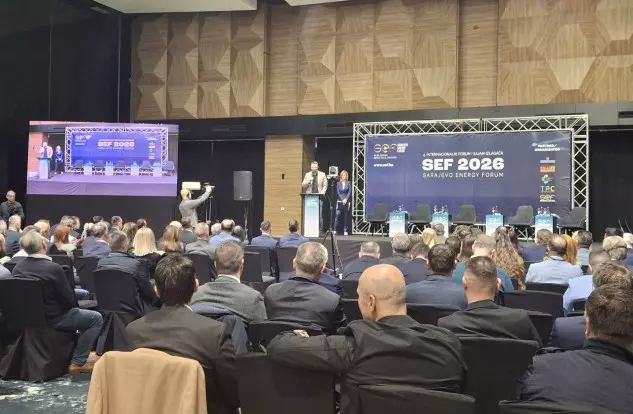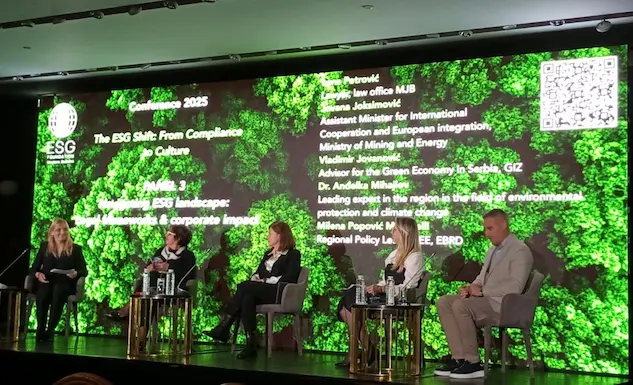On 8–9 October, the coastal village of Przno, Montenegro, became the meeting point for Southeast Europe’s energy community. Energy Week Western Balkans 2025, organised by Invest In Network, brought together ministers, regulators, investors, business leaders, and innovators to discuss one central question — how to turn the region’s clean energy ambitions into concrete action.
Over two days, discussions moved from high-level policy and regulation to practical examples of financing, technology, and cooperation — showing that while the road ahead is complex, the region is steadily moving from planning to implementation.
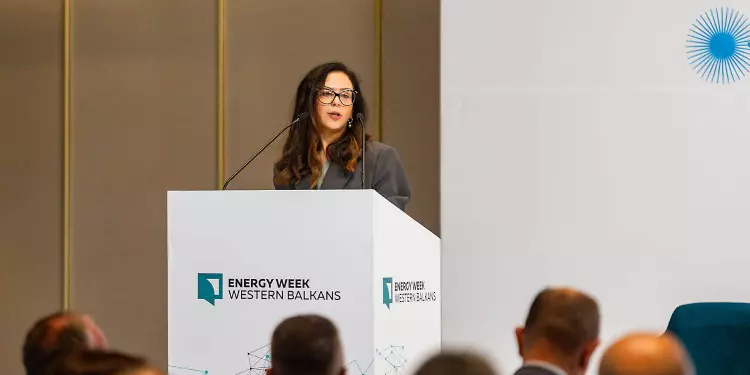
From vision to cooperation: the path to 2040
The Energy Week Western Balkans opened with the Ministerial Panel: The Path to 2040, where energy leaders from Montenegro, Serbia, and Bosnia and Herzegovina, joined by European partners, reaffirmed their shared commitment to the EU Green Deal.
The message was clear: the Western Balkans’ energy future depends on regional cooperation, harmonised regulation, and transparent markets.
Ministers stressed that clear rules and predictable frameworks are essential for attracting long-term investment. At the same time, regional coordination — from grid planning to carbon pricing — will determine whether national strategies evolve into a truly integrated energy space.
Finance, risk, and investor confidence at Energy Week Western Balkans
Investment remained a recurring theme throughout Energy Week Western Balkans 2025. In sessions on utility-scale renewables and next-generation power purchase agreements (PPAs), participants pointed to the same obstacles: lengthy permitting, grid constraints, and fragmented regulation.
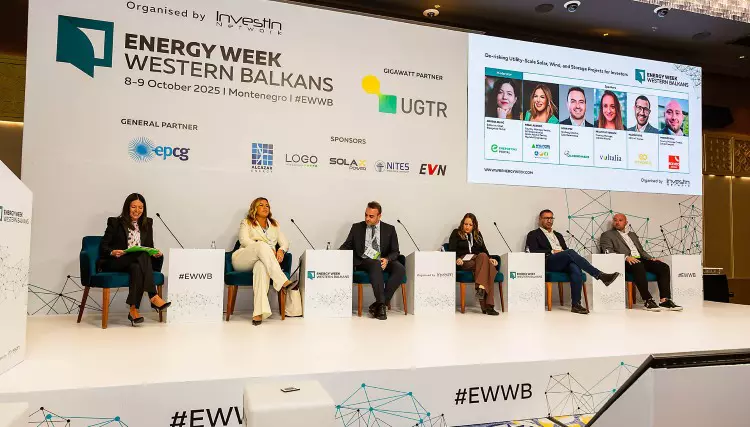
Speakers underlined that the transition will not succeed without financial de-risking mechanisms such as blended finance, guarantees, and stable contracts that encourage private investors to commit.
As one panelist noted, “Capital is available — but it needs clarity and confidence.”
The Next-Generation PPAs session explored how new contract structures, including state-backed Contracts for Difference, can provide that confidence while keeping electricity affordable for end users.
Infrastructure and innovation driving the energy transition
If finance is the engine of the transition, infrastructure is its backbone.
The Hybrid Renewables and Grid Modernisation panels at Energy Week Western Balkans highlighted how cross-border connections, digitalised grids, and flexible storage systems can unlock new renewable capacity and strengthen regional energy security.
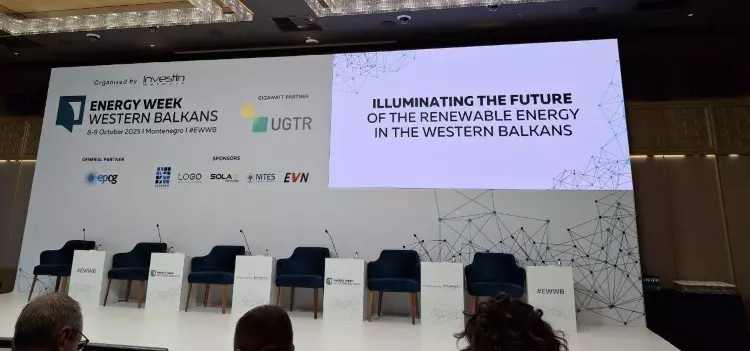
Speakers showcased the first hybrid projects combining solar, wind, and battery storage, proving that technical innovation is already reshaping the region’s power mix.
Still, they agreed that deeper market integration — supported by transparent pricing and coordinated grid planning — is essential to make that progress sustainable.
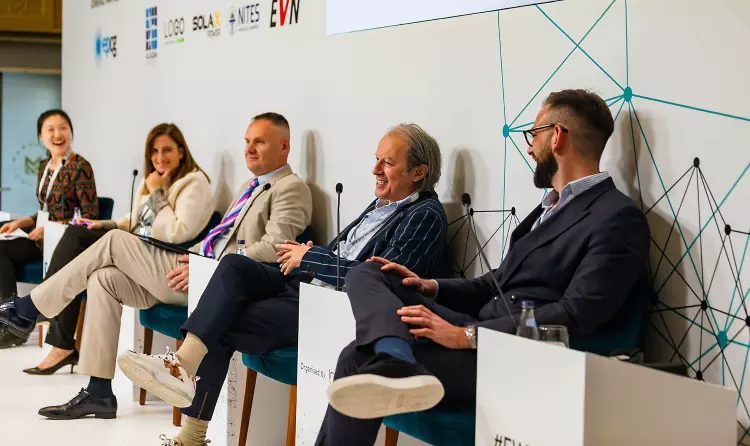
Public trust and the human side of the transition
Throughout the discussions, one idea kept returning: the energy transition is not only technical but also social.
Speakers emphasised that success depends on public trust, affordable tariffs, and visible benefits for communities.
Utilities and corporate buyers shared how modern PPAs can provide price stability, while regulators pointed out that digitalisation and transparency are key to earning consumer confidence. As one participant put it, “Citizens must feel like participants in the transition, not just its observers.”
Adjustment to new rules
The final panel, moderated by Elena Meleshkina, Editor-in-Chief of New Polis, focused on a critical topic — “Industrial Decarbonisation and the Impact of CBAM.” It explored how the EU’s Carbon Border Adjustment Mechanism will reshape the region’s industrial and energy landscape, examining what Western Balkan industries can do to stay competitive while cutting emissions.
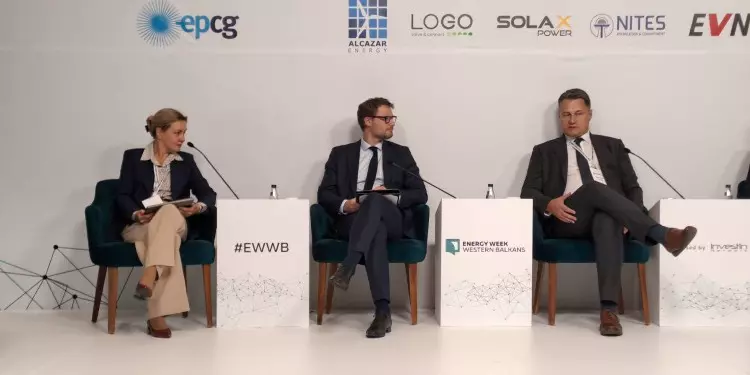
The central question was how industries in the Western Balkans can remain competitive while cutting emissions. The discussion examined what kinds of policy, financing, and market frameworks are needed to make that possible, stressing that cooperation across borders will be crucial to prevent market fragmentation and ensure fair competition.
Networking, dialogue, and the way forward
Beyond the panels, Energy Week Western Balkans 2025 once again proved the value of in-person exchange. Structured B2B meetings, informal networking, and the InNet Connect platform gave participants a chance to turn dialogue into concrete partnerships.
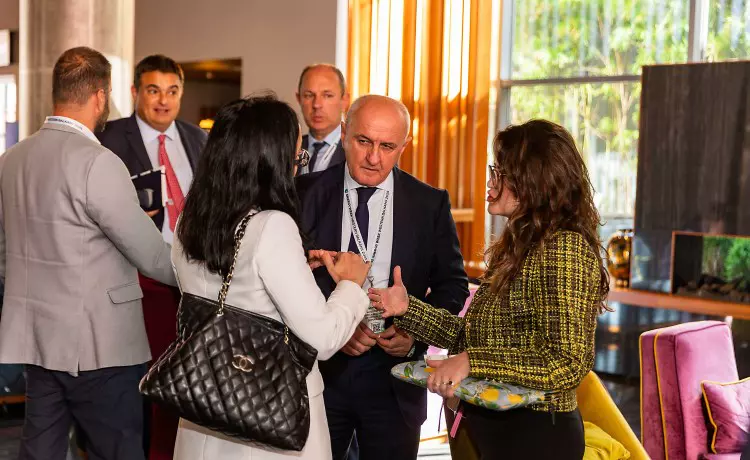
The now-traditional Watt-A-Night beach gathering also showed that collaboration sometimes starts best outside the conference hall.
Backed by international financial institutions, state utilities, and private developers, Energy Week Western Balkans confirmed its role as the region’s leading platform for meaningful, cross-sector dialogue. The discussions in Przno didn’t offer simple answers — but they did deliver something more important: a clear-eyed view of challenges, a shared sense of responsibility, and a growing readiness to act.
Read more about conferences and exhibitions here
